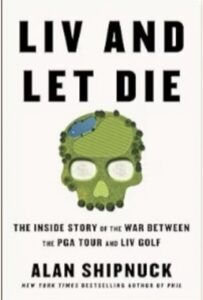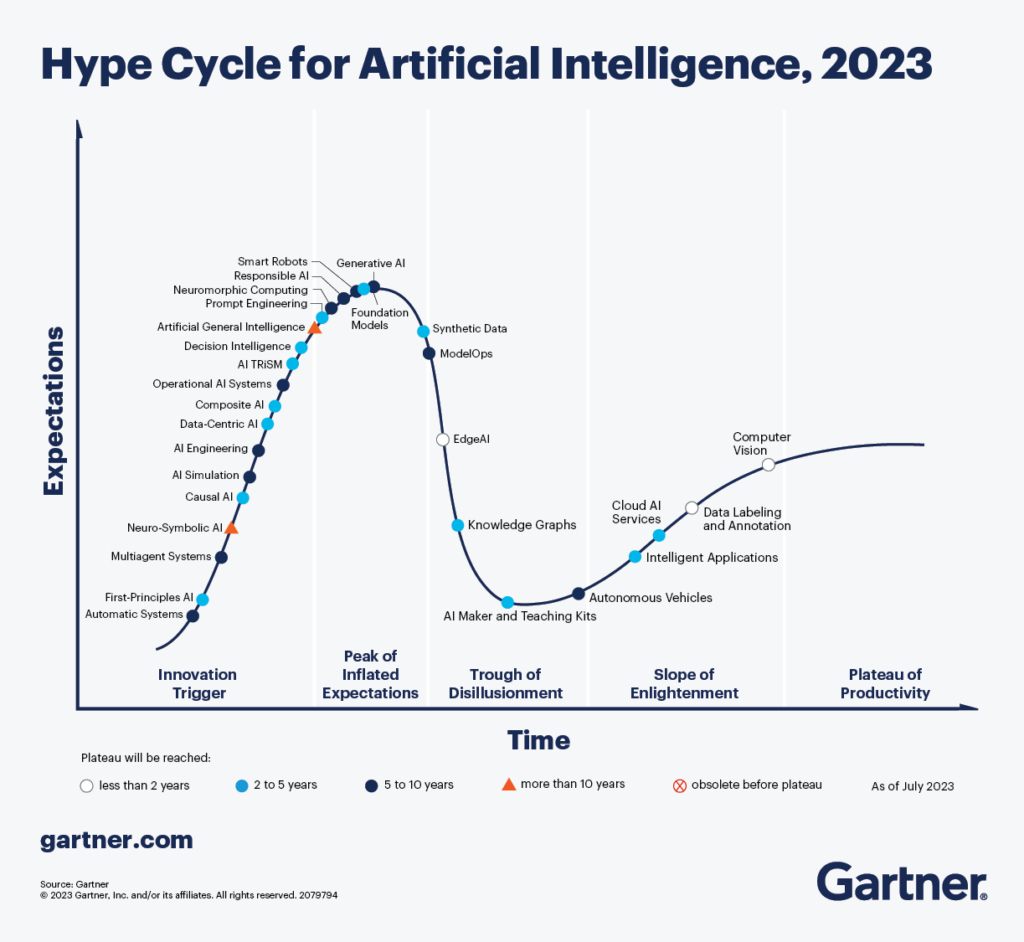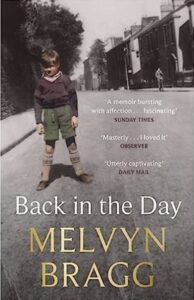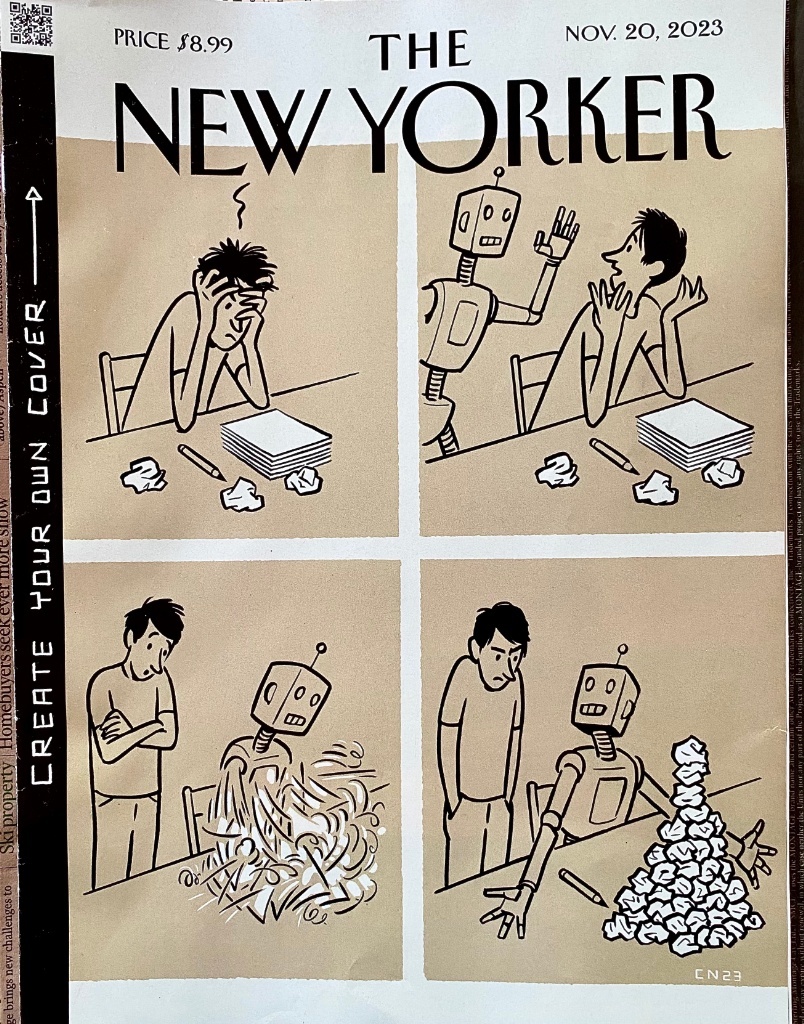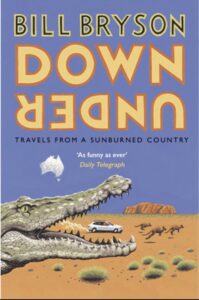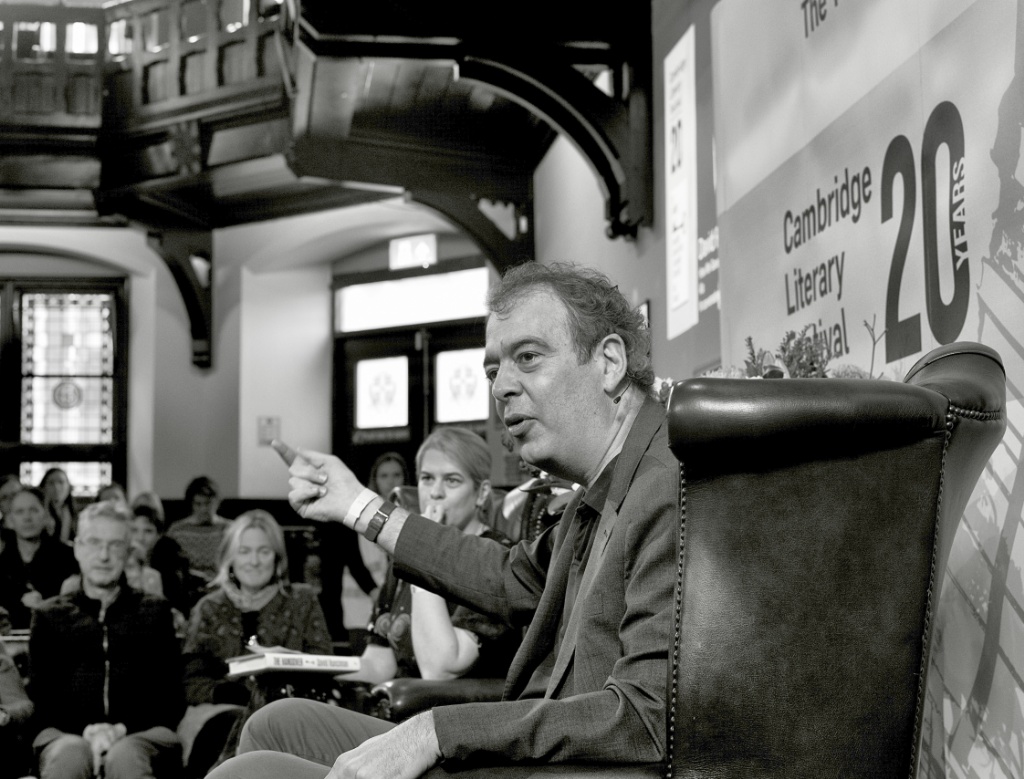Dumplings ‘R Us
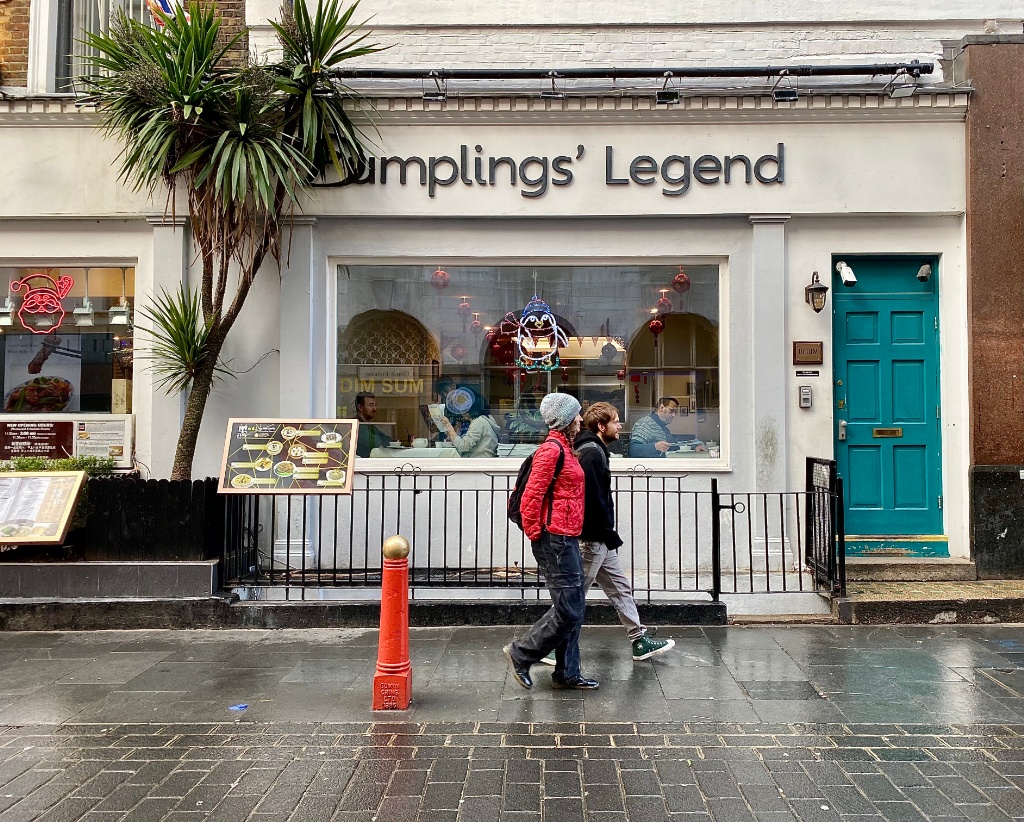
‘Chinatown’, London
Quote of the Day
”A day without laughter is a day wasted.
- Charlie Chaplin
Musical alternative to the morning’s radio news
Fleetwood Mac | Don’t Stop
One of my favourite tracks from a great album.
Long Read of the Day
My Heart Sasses Back
Sassy blog post by Margaret Atwood based on a nice epistolary interaction with one of her friends.
My longtime friend and sometime translator of my poetry into French, Christine Evain — who lives in Nantes – telephoned my heart long distance, having read of its escapades.
Let it be said that Christine takes a slightly dim view of my French readings of late. They encompasses the 14th century — the series Les Rois Maudits, which added many useful vocabulary words, such as “the atrocious scent of testicles burning on a brazier of coals,” something one might drop into a soirée as a bon mot, and which was used as a source by George Martin for Game of Thrones (he added dragons). Then the French Revolution — I’ll give you my reading list on that in a later post, but, as you know, many heads rolled during the Terror, and it didn’t end well for Robespierre, “The Incoruptible.” Christine is also dubious about the CTM (Chines Traditional Medicine) heart-support pills I’ve been popping; among the ingredients is powdered scorpion. I have nothing against this, but the younger generations can be more squeamish. They never had to drink cod liver oil out of a spoon.
Here’s how the long-distance call went…
I do love Atwood’s blog.
Books, etc.
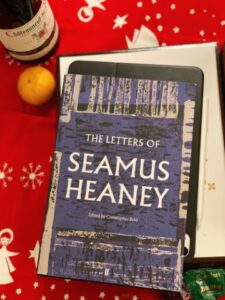
Lovely Xmas present from my wife.
My commonplace booklet
All my rides
Doc Searls (Whom God Preserve) is a real petrolhead, as indeed I was once. But he’s unearthed this annotated list of all the sets of wheels he’s ever owned. And I am solely tempted to do the same. The only problem is that it might be embarrassing.
Linkblog
Brad De Long on the three big ideas one should take away from Ernest Gellner’s Plough, Sword, & Book: The Structure of Human History:
The Interplay of Production, Coërcion, & Cognition: None of these is prior to the other—although all are profoundly shaped by technology. These three elements interact in shaping human societies as equals, and not simply, because they are interconnected in complex ways.
Non-Linear Progression of Societies: Societal development is diverse and multifaceted, shaped by various cultural and environmental factors. There is very little that is linear, or predetermined.
Cognitive Aspects of Societal Change: Changes in belief systems and knowledge are crucial in understanding societal transformations—and the modes of cognition are not traceable back to modes of production and modes of domination. All you can say is that the mode of cognition needs to make sense of the mode of production and the mode of domination, for if it does not make sense you have a society-shaking revolutionary situation.
Useful because I haven’t read the book and may need to for something I’m working on.
This Blog is also available as an email three days a week. If you think that might suit you better, why not subscribe? One email on Mondays, Wednesdays and Fridays delivered to your inbox at 6am UK time. It’s free, and you can always unsubscribe if you conclude your inbox is full enough already!




